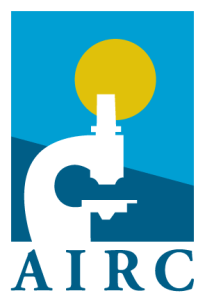2nd European Cancer Dependency Map Symposium
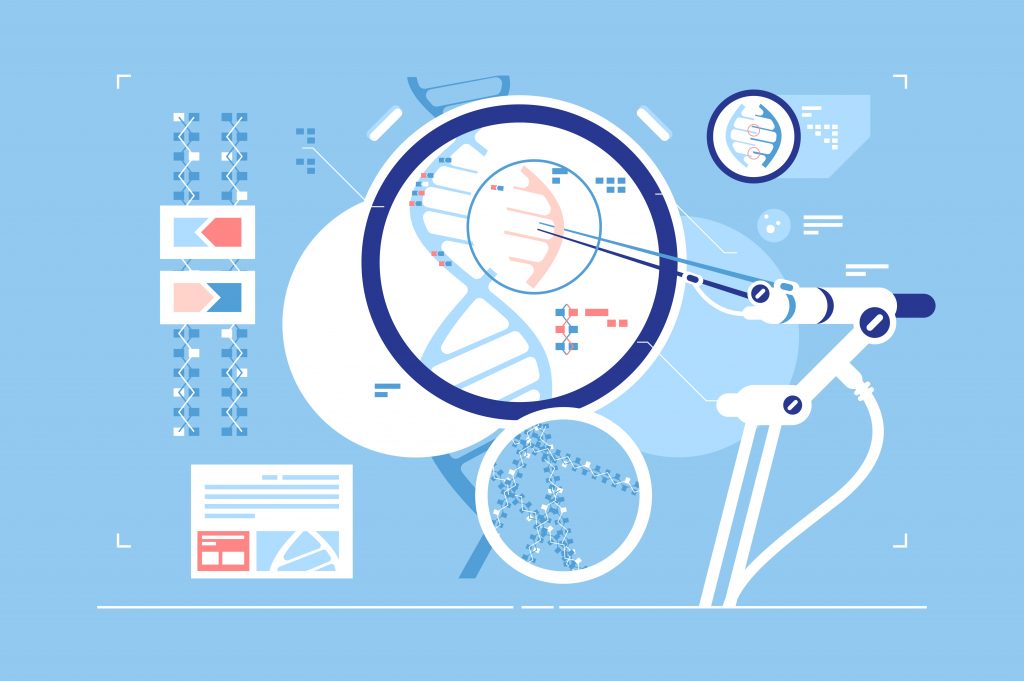

Uniting European Efforts in Functional Genomics to discover new Cancer Therapeutic Targets
Category: Symposium
Location: Auditorium, Human Technopole, Milan - Hybrid
Registration Deadline: 30/09/2025
Date: 20/11/2025
Fee: Academic – In presence: 150€ / Industry – In presence: 500€ / Full remote – Online: 50€
Target Audience: The Symposium welcomes national and international scientists, from early-stage researchers to senior investigators, working in computational genomics, pharmacogenomics, and therapeutic target discovery.
Following the success of the first European Cancer Dependency Map Symposium in 2023, we are excited to announce the 2nd edition, to be held at Human Technopole. The event aims to convene world-leading experts in the fields of functional genomics and genome-editing screens to advance the discovery of new cancer vulnerabilities and therapeutic targets. It will also serve as a valuable platform for early-career researchers to engage with cutting-edge developments and foster scientific exchange. A new feature of this year’s programme is a dedicated segment on AI tools and advanced computational approaches.
The agenda includes talks by renowned scientists, an extended panel discussion with experts from industry and an editor from Nature Genetics, as well as three short poster sessions. Participants are warmly encouraged to submit an abstract for a chance to present their work.
The 2nd Cancer Dependency Map Symposium represents a great opportunity within the Italian and the international research landscape to explore the latest breakthroughs and gain insights into the future of the systematic identification of tumour vulnerabilities.
More on the European Cancer Dependency Map (EuroDepMap)
The European Cancer Dependency Map (EuroDepMap) is an emerging and heterogeneous community of European scientists committed to accelerating precision cancer medicine through the systematic identification of cancer dependencies. This effort builds on the foundational work of the Broad Institute and the Sanger Institute, who’s pioneering DepMap initiatives set the stage for large-scale functional genomics in cancer. It also directly responds to the call published in Nature in 2021, which advocated for a globally coordinated and federated approach to cancer dependency mapping.
To date, more than 1,000 fully characterised cancer models have been screened through large-scale CRISPR-based functional genomics projects, generating unprecedented multi-omic and phenotypic data. These efforts are now expanding to include more complex models—such as organoids and co-cultures—and cancers that are rare, paediatric, or underrepresented in current datasets. Beyond mapping vulnerabilities, this evolving initiative also aims to define standards for data generation and analysis, and to develop tailored computational tools and infrastructure to support data exploration, interpretation, and reuse.
At this stage, the EuroDepMap community is coming together to establish its identity, to define a shared vision, and to launch collaborative endeavours across institutions and disciplines. By joining forces in a federated consortium, we hope to shape the next phase of cancer dependency research in Europe, grounded in open science, methodological rigour, and translational relevance.
Scientific Organisers
-
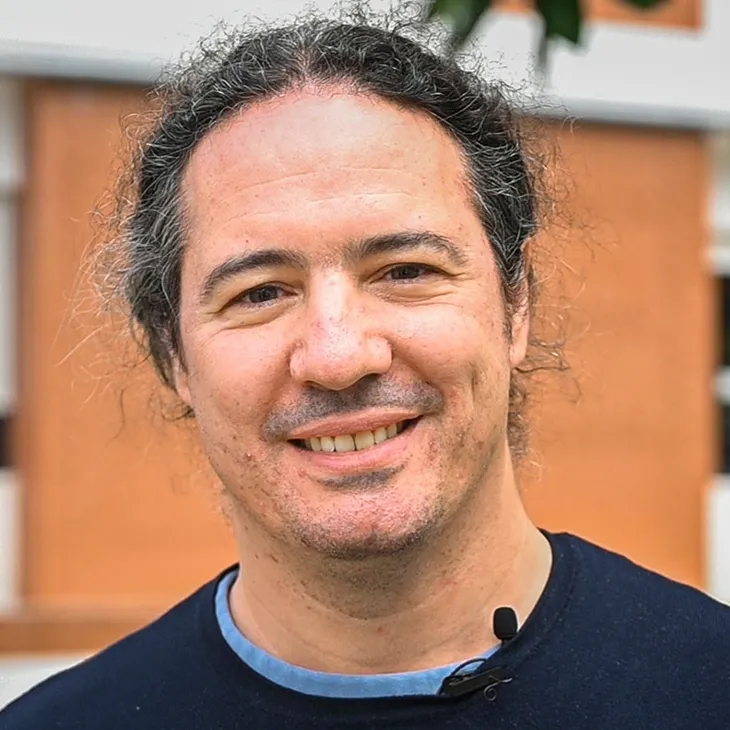 Pedro Beltrao
Pedro Beltrao
Research Group Leader, ETH Zurich (Switzerland) -
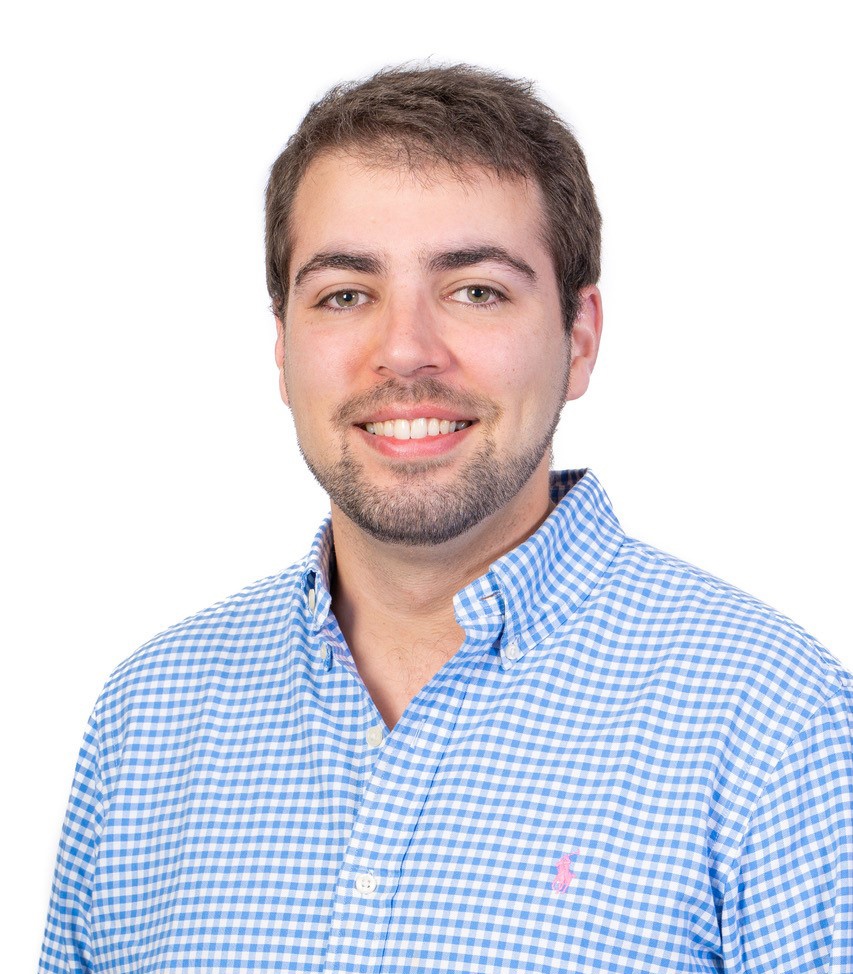 Isidro Cortes-Ciriano
Isidro Cortes-Ciriano
Research Group Leader, EMBL – European Bioinformatics Institute (UK) -
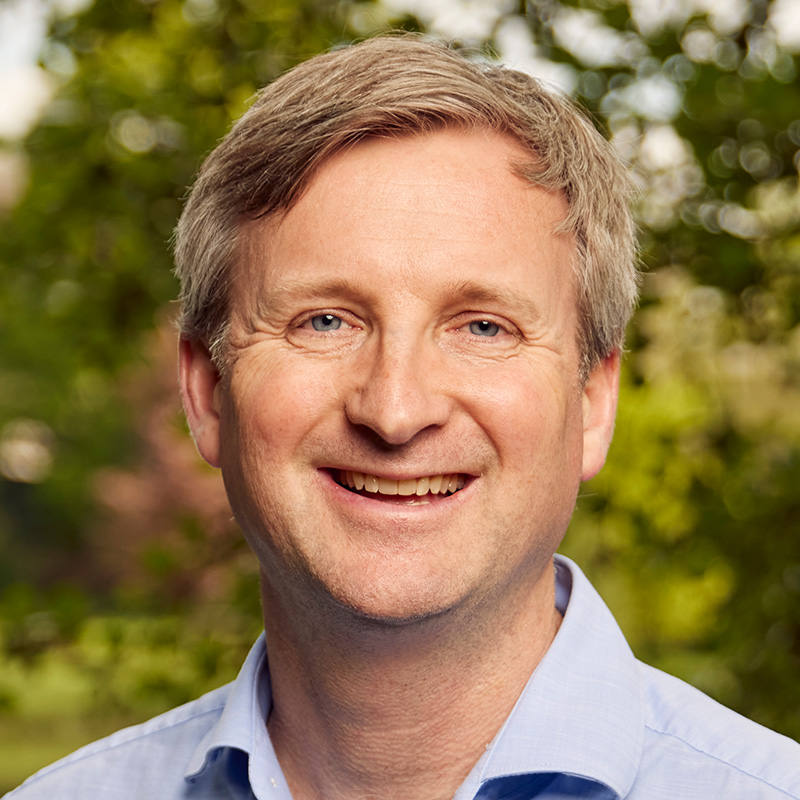 Mathew Garnett
Mathew Garnett
Research Group Leader, Wellcome Sanger Institute (UK) -
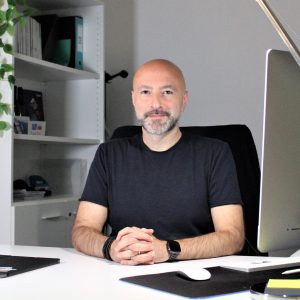 Francesco Iorio
Francesco Iorio
Research Group Leader, HT -
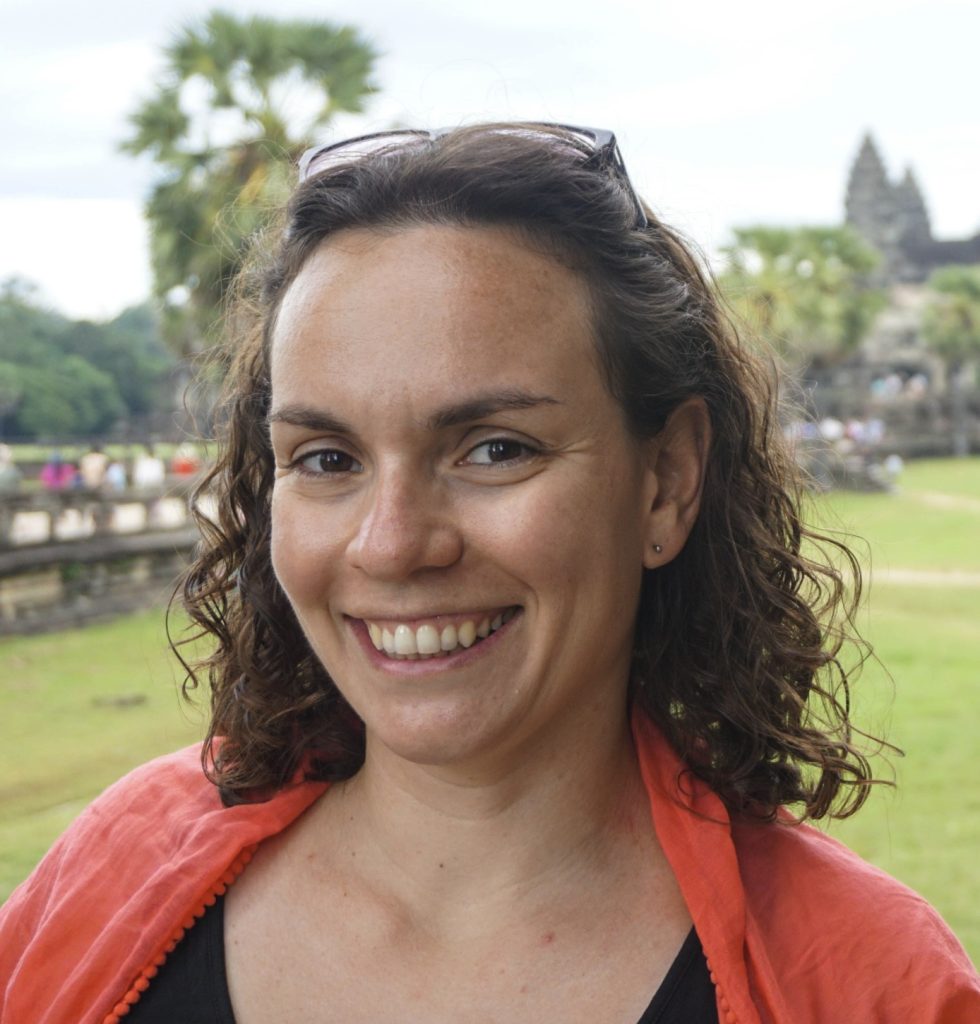 Evangelia Petsalaki
Evangelia Petsalaki
Research Group Leader, EMBL – European Bioinformatics Institute (UK)
Speakers
-
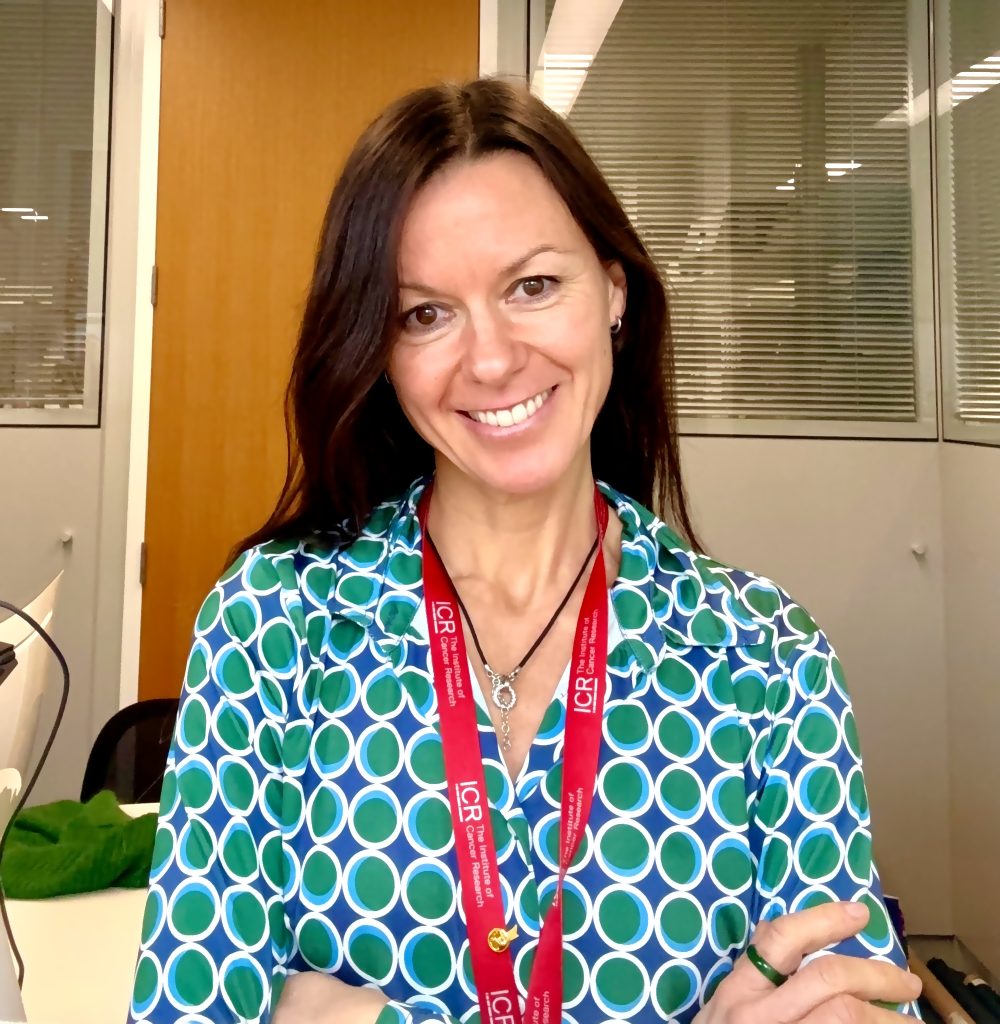 Alejandra Bruna
Alejandra Bruna
Research Group Leader, The Institute of Cancer Research (UK) -
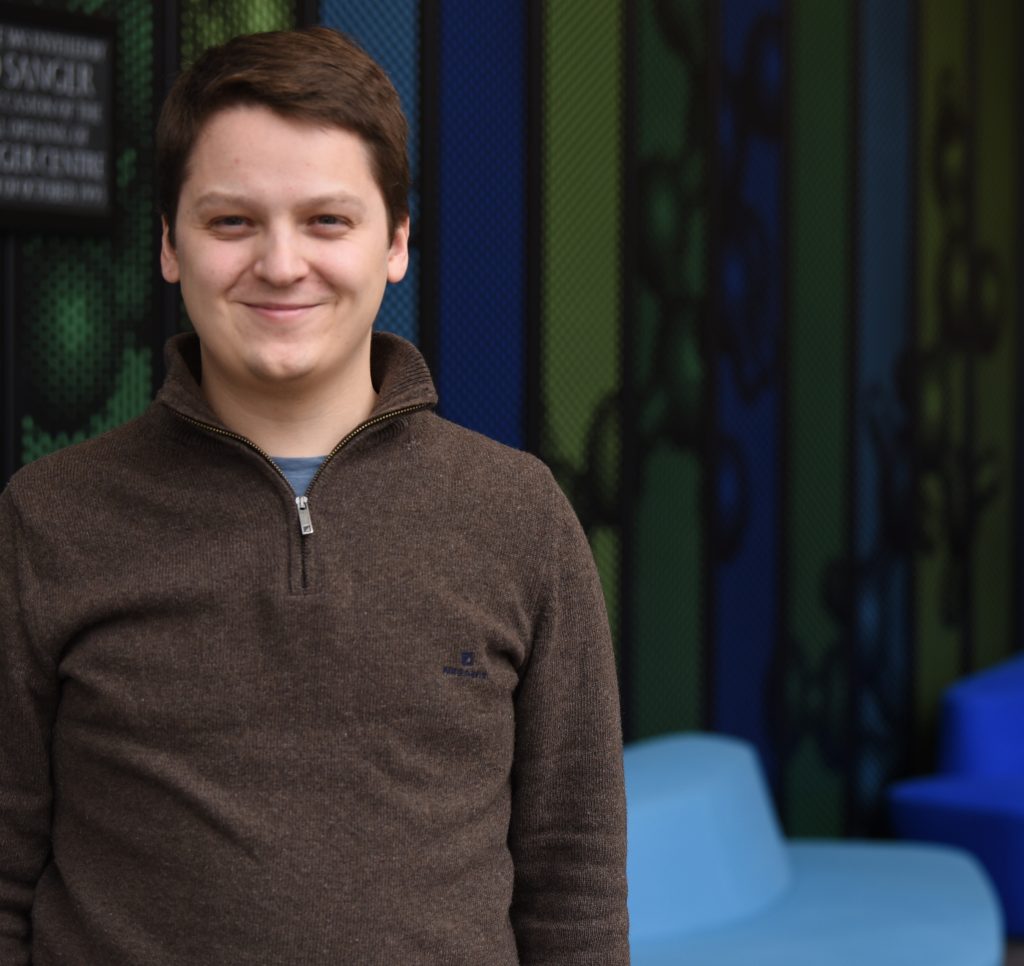 Emanuel Gonçalves
Emanuel Gonçalves
Assistant Professor, University of Lisbon (Portugal) -
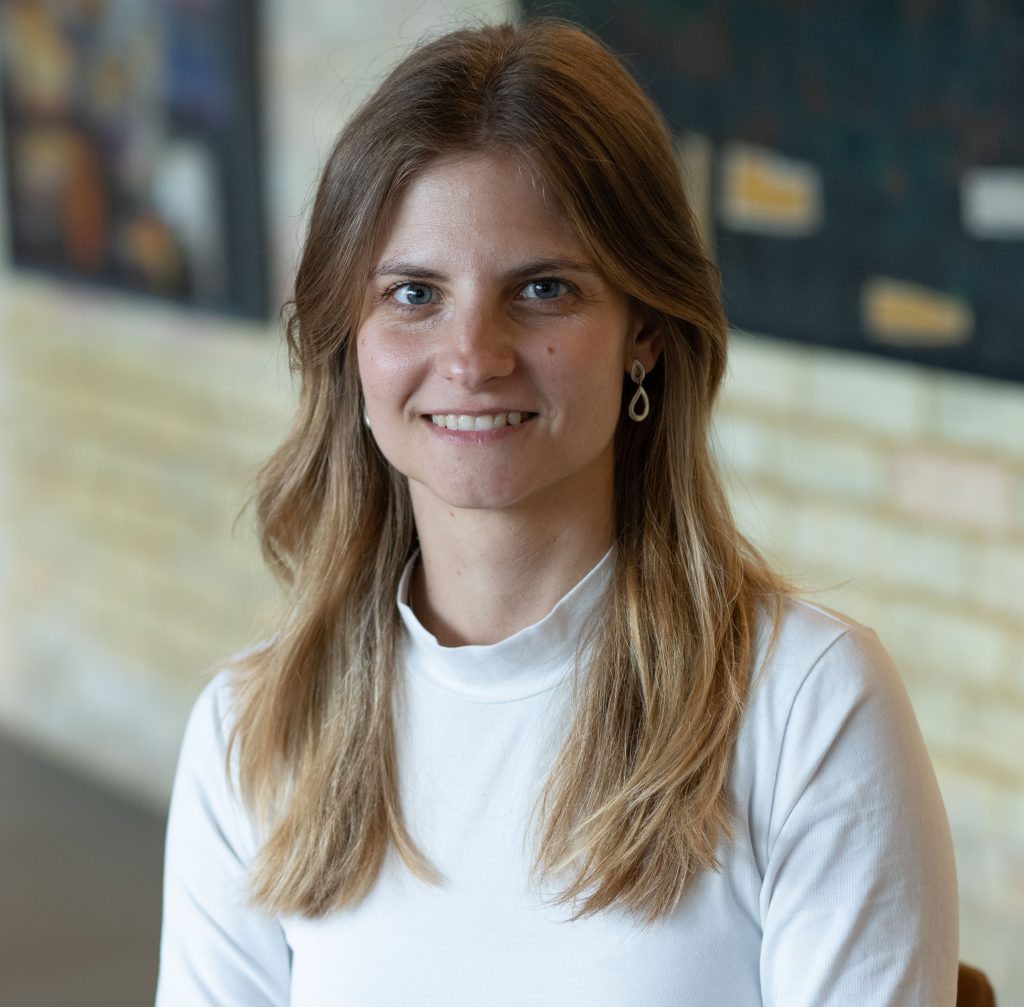 Carmen Herranz-Ors
Carmen Herranz-Ors
Post-doctoral fellow (Garnett Group), Wellcome Sanger Institute (UK) -
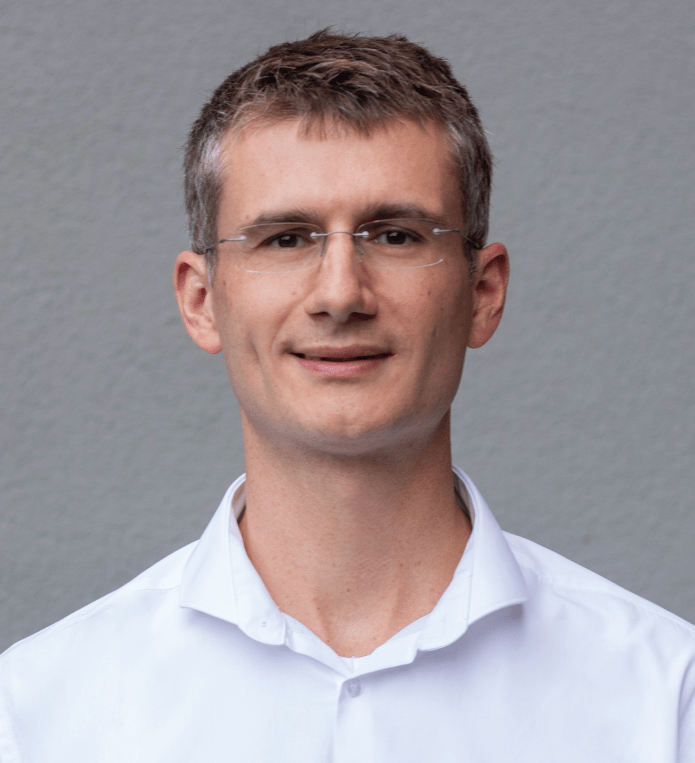 Manuel Kaulich
Manuel Kaulich
Research Group Leader, Institute of Biochemistry II (Germany) -
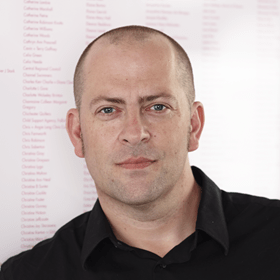 Chris Lord
Chris Lord
Research Group Leader, The Institute of Cancer Research (UK) -
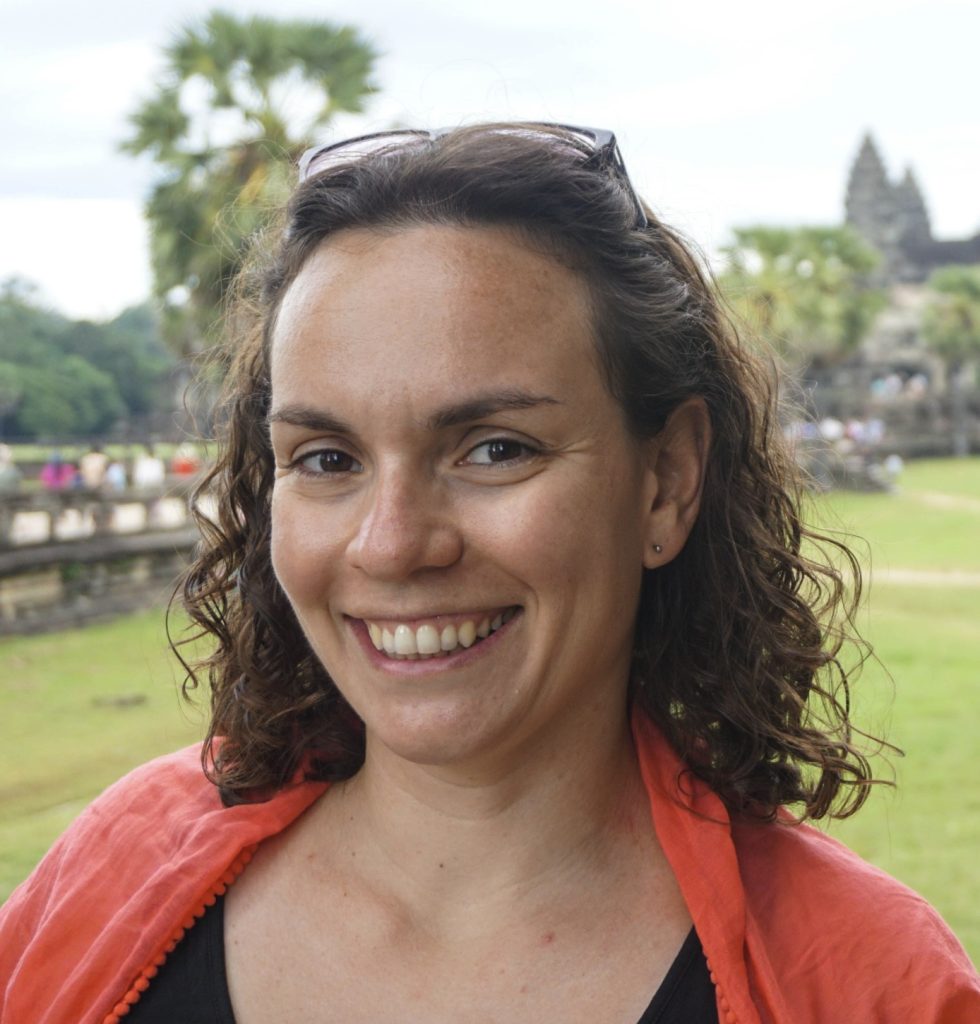 Evangelia Petsalaki
Evangelia Petsalaki
Research Group Leader, EMBL – European Bioinformatics Institute (UK) -
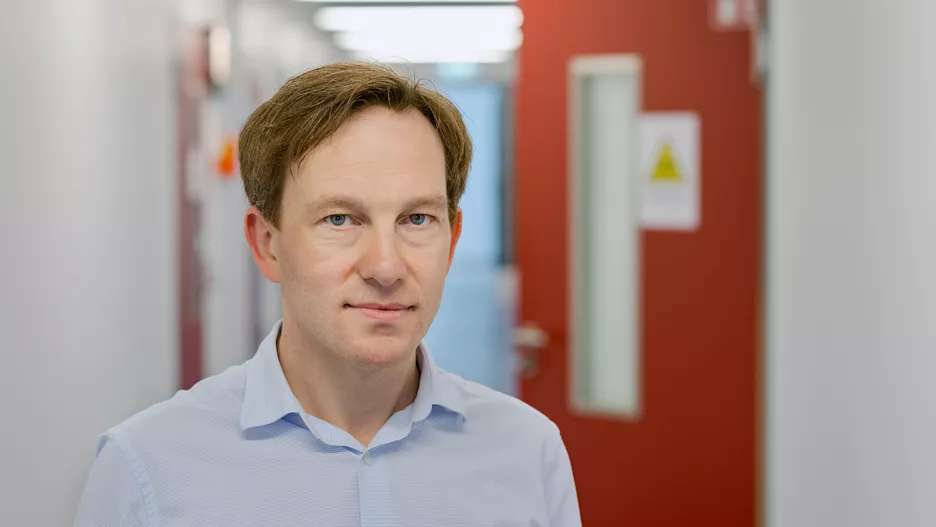 Roland Rad
Roland Rad
Professor, Technical University of Munich (Germany) -
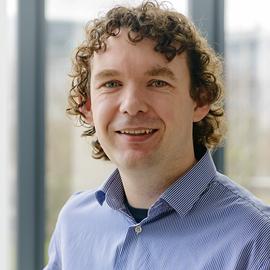 Colm Ryan
Colm Ryan
Associate Professor, University College Dublin (Republic of Ireland) -
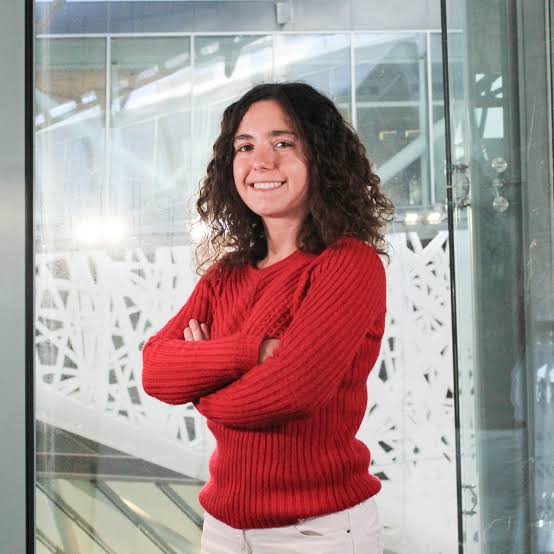 Aurora Savino
Aurora Savino
Post-doctoral fellow (Iorio Group), Human Technopole (Italy) -
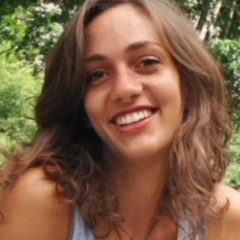 Debora Sesia
Debora Sesia
Post-doctoral fellow (Ciriello Group), University of Lausanne (Switzerland) -
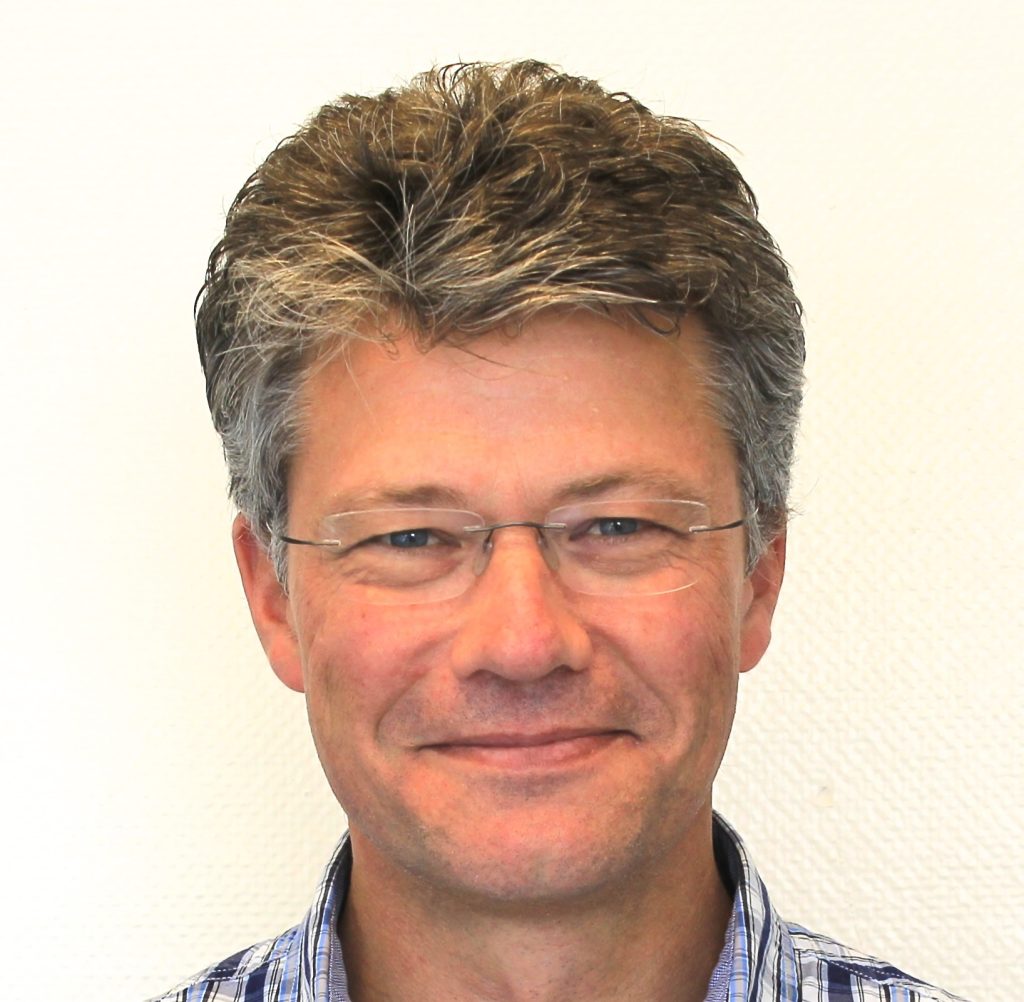 Lodewyk Wessels
Lodewyk Wessels
Research Group Leader, Netherlands Cancer Institute (Netherland)
Round table discussion on "New frontiers in genomics-driven precision medicine"
-
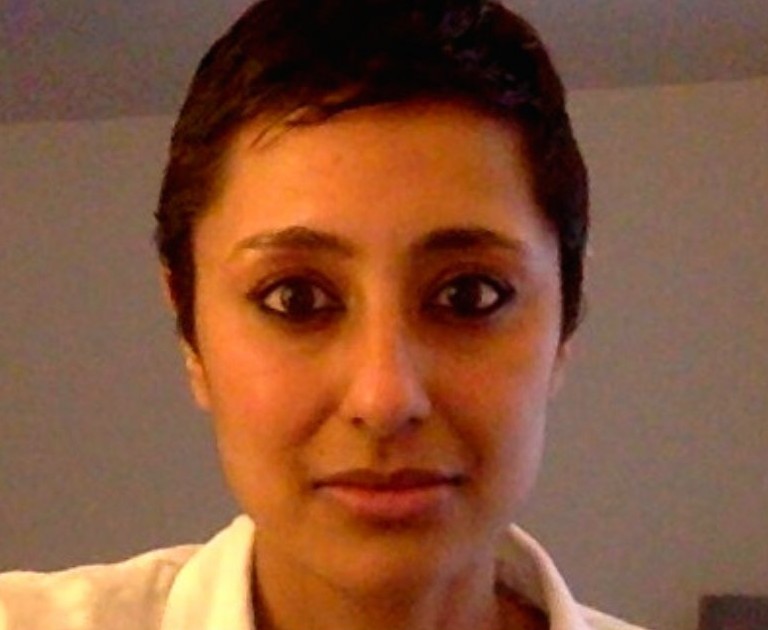 Safia Danovi
Safia Danovi
Senior Editor, Nature Genetics (UK) -
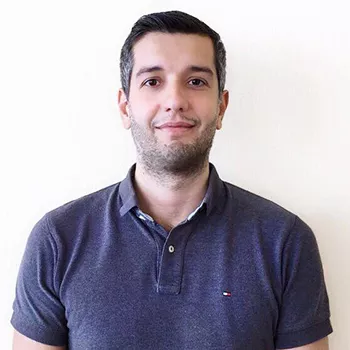 Giorgio Galli
Giorgio Galli
Director, Oncology Drug Discovery, Novartis (Switzerland) -
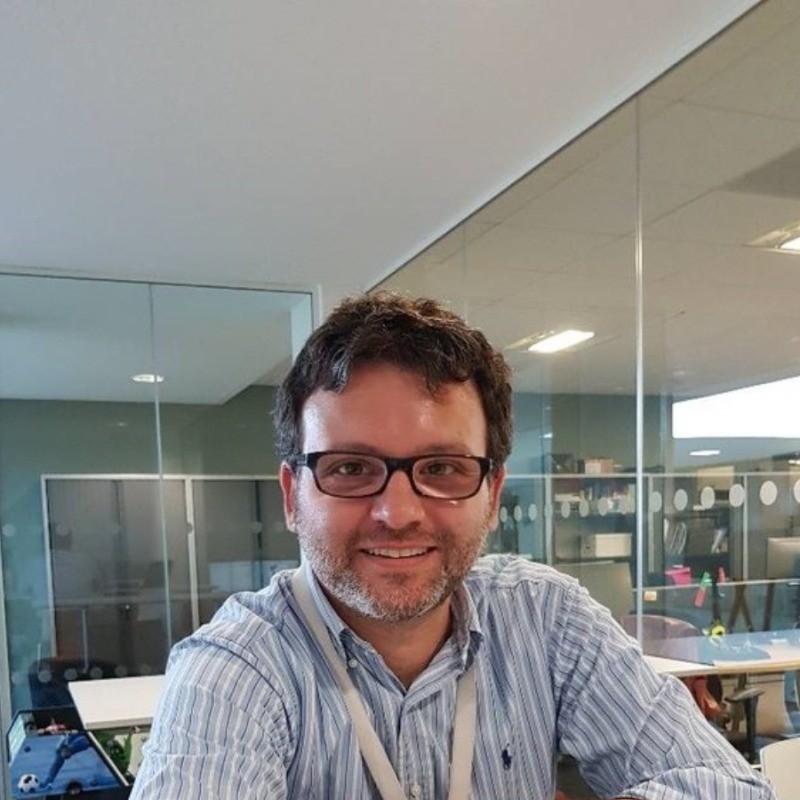 Davide Gianni
Davide Gianni
Senior Director, Discovery Sciences, BioPharmaceuticals R&D, AstraZeneca (UK) -
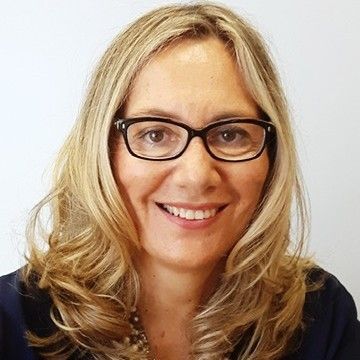 Antonella Isacchi
Antonella Isacchi
External Innovation Portfolio, Nerviano Medical Sciences (Italy) -
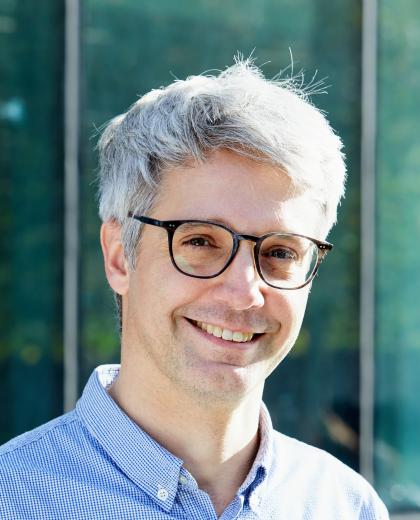 David Walter
David Walter
Group Leader, Cancer Research Horizon - AstraZeneca Functional Genomics Centre (UK) -
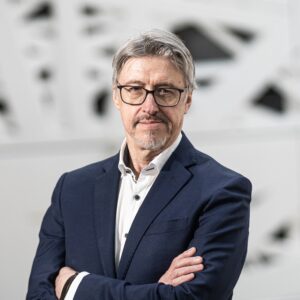 Marino Zerial
Marino Zerial
Director, HT
Supported by
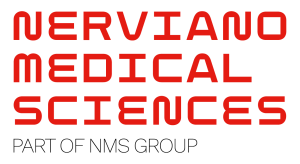
With the patronage of
